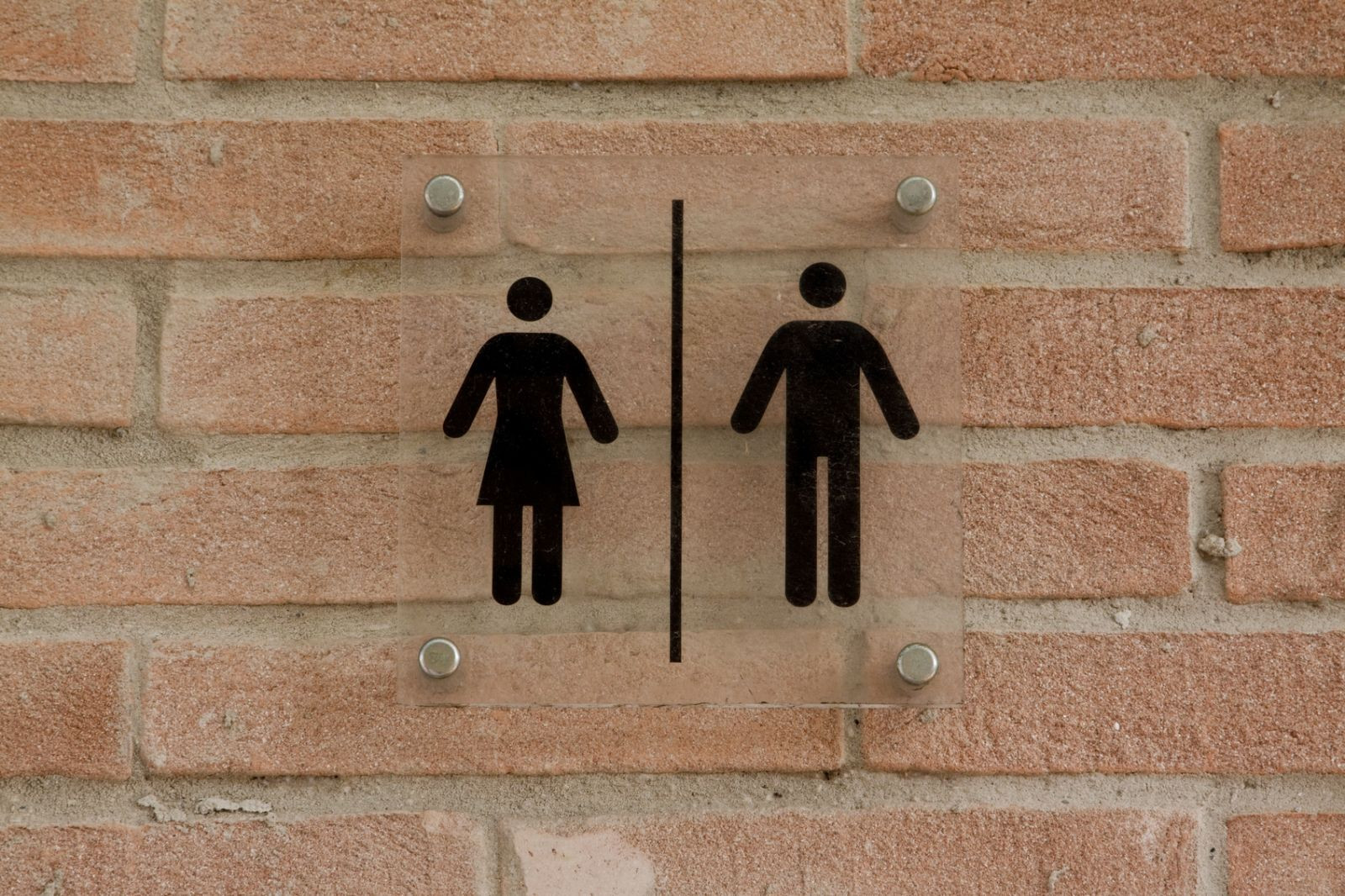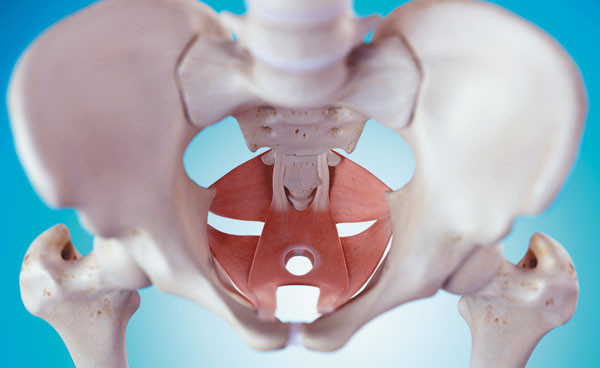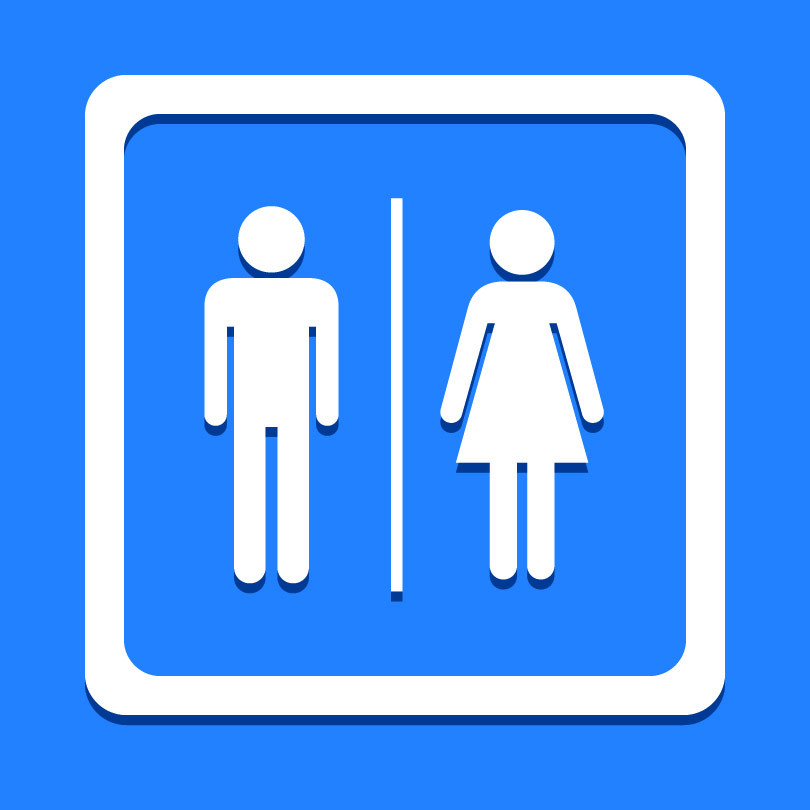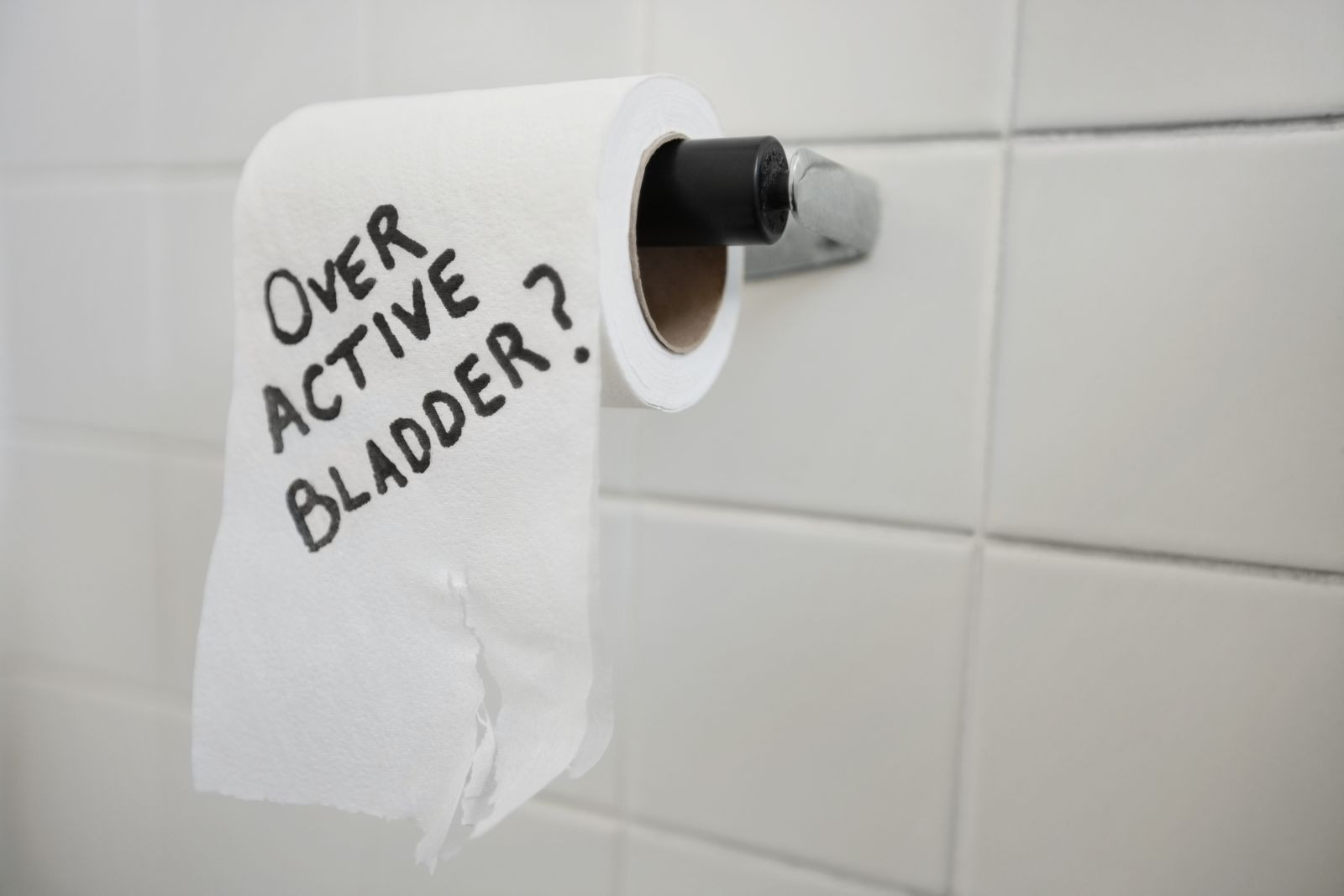
Less butter, more plant oils, longer life?

Healthier planet, healthier people

Counting steps is good — is combining steps and heart rate better?

Appendix pain: Could it be appendicitis?

Can saw palmetto treat an enlarged prostate?

How does Ozempic work? Understanding GLP-1s for diabetes, weight loss, and beyond

Zinc: What it does for the body, and the best food sources

Respiratory health harms often follow flooding: Taking these steps can help

Tips to leverage neuroplasticity to maintain cognitive fitness as you age

Can white noise really help you sleep better?
Bladder & Bowel Archive
Articles
Reducing dietary salt may mean fewer nighttime bathroom trips
In the journals
Men who battle with nocturia — waking up at night to urinate — may find relief by reducing the amount of salt in their diet, according to research presented March 24, 2017, at the European Society of Urology congress in London. Nocturia can interfere with your sleep, which may lead to problems like increased stress, irritability, and tiredness.
In the study, researchers from Nagasaki University in Japan examined 321 older adults — about half of whom were men — who had both a high-salt diet and problems sleeping due to nocturia. The participants were then advised on how to reduce their daily salt consumption, which they followed for 12 weeks.
The "other" incontinence — don't suffer in silence
Most people who are suffer from fecal incontinence do so in silence. As a result, the number of people with the condition — which results in the involuntary release of gas or stool — isn't known. But the scant evidence at hand indicates that it usually begins during one's 40s or 50s.
You don't have to live with incontinence — there are treatment options, which include dietary changes and bowel training regimens, and surgery for some people.
New thinking about urinary tract infections
Don't be surprised if your doctor doesn't rush you into treatment.
Image: © iStock
Urinary tract infections (UTIs) can be tricky in older age. They're not always as easy to spot or treat as in youth. And the decades-long approach to treatment is changing. "We've been hasty in using antibiotics, and we're learning there are significant consequences that can range from side effects of medication to infections with antibiotic-resistant bacteria," says Dr. Helen Chen, a geriatrician at Harvard-affiliated Hebrew Rehabilitation Center.
About UTIs
UTIs can occur anywhere in the urinary tract. The most common places are the bladder (where urine is stored) and the urethra (the tube through which you urinate). Less common, but more serious, is infection of the kidneys, which filter waste and extra water from the blood and make urine. Infections may be triggered by sexual activity, catheters, kidney stones, decreased estrogen in the lining of the vagina, or urine that's pooled in the bladder.
Kegels: Not for women only
Women use kegels to strengthen their pelvic floor muscles, but men may also benefit from doing these exercises.
Image: © Eraxion /Thinkstock
Kegel exercises to strengthen pelvic floor muscles have long been seen as just for women, but they may be a way for men to address some common unpleasant issues as they age.
"Men also can have issues with these muscles, which can cause urinary leakage, bowel trouble, and even erection problems," says physical therapist Celia Brunette, with Harvard-affiliated Spaulding Rehabilitation Center.
Incontinence may reflect body fat, not just weight
The risk of developing stress incontinence or urge incontinence increases along with BMI and body fat percentage. Stress incontinence is also associated with declines in grip strength.
Treating interstitial cystitis
Interstitial cystitis is a chronic inflammation of the bladder that causes people to urinate -- sometimes painfully -- as often as 40, 50, or 60 times a day. Their quality of life, research suggests, resembles that of a person on kidney dialysis or suffering from chronic cancer pain. Not surprisingly, the condition is officially recognized as a disability.
There's no cure for interstitial cystitis, but many treatments offer some relief, either on their own or in combination.
Does cranberry extract prevent UTIs?
Scientific evidence doesn’t support taking cranberry extract to prevent urinary tract infections.
Mobile app reduces stress incontinence episodes in small trial
Women who used Tät, a smartphone app, did more pelvic floor exercises and had greater reductions in episodes of stress incontinence.
Build a better bladder
Exercises, lifestyle change, medications, and procedures can alleviate incontinence and give you your life back.
A leaky bladder or a sudden urge to go to the bathroom is uncomfortable andembarrassing. But you can take steps to alleviate the problem. "Some people tell me they would have sought treatment sooner if they'd known it was this simple," says Dr. Anurag Das, director of the Center for Neurourology and Continence at Harvard-affiliated Beth Israel Deaconess Medical Center.
Lifestyle changes
One of the first lines of defense is pill-free and costs nothing: lifestyle change. For urge incontinence (see "Types of incontinence"), you can try timed voiding (urinating on a schedule) and bladder guarding, which teaches you to cope with triggers that set off the urge to go, such as washing dishes or hearing water. "You squeeze your muscles to hold in urine before a trigger, which sends a message to the brain that this is not the time to go," says Dr. Das. Other lifestyle changes include watching fluid intake; quitting smoking, to reduce coughing and pressure on the bladder; and minimizing bladder irritants such as caffeine, alcohol, and carbonated drinks.
Do you have an overactive bladder?
If you feel a strong urge to urinate even when your bladder isn't full, it might be related to overactive bladder, sometimes called urge incontinence. This condition occurs in both men and women and involves an overwhelming urge to urinate immediately, frequently followed by loss of urine before you can reach a bathroom. Even if you never have an accident, urgency and urinary frequency can interfere with your work and social life because of the need to keep running to the bathroom.
Urgency is caused when the bladder muscle, the detrusor, begins to contract and signals a need to urinate, even when the bladder is not full. Another name for this phenomenon is detrusor overactivity.

Less butter, more plant oils, longer life?

Healthier planet, healthier people

Counting steps is good — is combining steps and heart rate better?

Appendix pain: Could it be appendicitis?

Can saw palmetto treat an enlarged prostate?

How does Ozempic work? Understanding GLP-1s for diabetes, weight loss, and beyond

Zinc: What it does for the body, and the best food sources

Respiratory health harms often follow flooding: Taking these steps can help

Tips to leverage neuroplasticity to maintain cognitive fitness as you age

Can white noise really help you sleep better?
Free Healthbeat Signup
Get the latest in health news delivered to your inbox!
Sign Up








